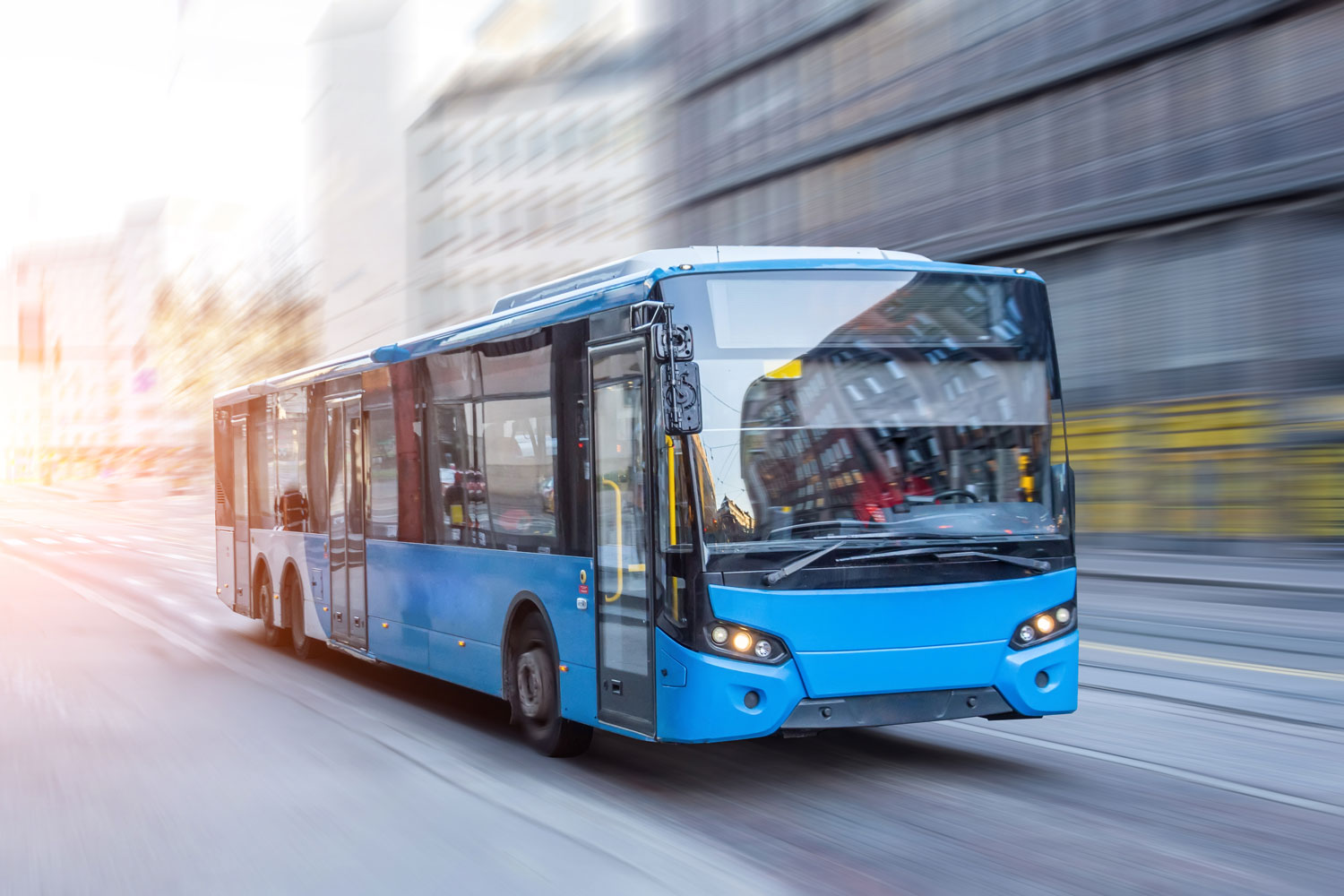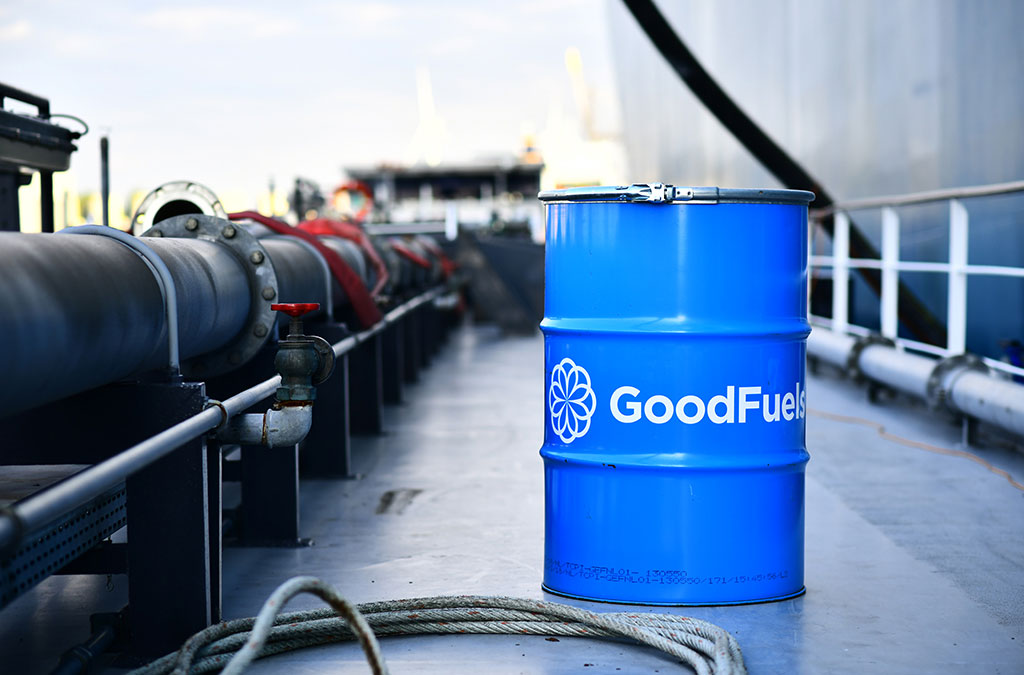HVO vs. Electric: Why a German district switched to biofuels instead of buying new electric buses


Citing the high cost of electric buses, Northwest Mecklenburg, a district in Germany, has decided to make its existing public transport fleet more sustainable by switching to HVO100 biofuel instead of investing in new electric buses.
This pragmatic choice was driven by the steep costs of switching to electric buses, with subsidies covering just 30 per cent of the required investment—a scenario considered financially unworkable for Nahbus, the district’s transport operator.
Rather than pursuing electrification, Nahbus will purchase ten new diesel buses compatible with HVO100. Because HVO can be used in their existing diesel engines without major modifications, Nahbus’ approach eliminates the need for vehicle modifications or additional staff training. This enables a smooth and cost-efficient transition to cleaner operations, with a manageable cost increase compared to standard diesel.
Why this matters: energy transition and decarbonisation
By embracing HVO 100, Northwest Mecklenburg demonstrates how alternative fuels can drive meaningful progress in the global push toward decarbonisation. Electrification is a key part of the energy transition, but it remains challenging to implement for heavy road transportation. The infrastructure for electric trucks is still under development, and the vehicles themselves come with a hefty price tag.

Nahbus, the public transport operator in Northwest Mecklenburg, Germany, will power its diesel fleet with HVO 100.
Therefore, by leveraging the flexibility of HVO, the district is making substantial carbon savings now—without waiting for larger subsidies or technological advancements to catch up.
This example provides practical insights for other fleet operators facing similar challenges. It raises the question: could HVO be a practical way for bus companies and other types of transport organisations to cut emissions while staying on budget? Northwest Mecklenburg shows that impactful change doesn’t have to be all-or-nothing.
The versatility of HVO in action
One of HVO’s key strengths lies in its compatibility with existing diesel engines, making it an immediate and practical option for emission reductions. Unlike electrification, which often involves significant infrastructure investments, HVO allows operators to take action without major disruptions.

Earlier this year, the German government authorised the sale of HVO100 fuel to consumers.
This adaptability has been proven in other sectors too. For instance, in the KLM and GoodFuels partnership, an HVO-powered bus replaced a domestic flight, reducing one million kilometres of CO2 emissions. Similarly, Arriva’s use of HVO in its transport operations signals the fuel’s ability to align with the company’s flexibility and sustainability targets.

Produced from waste and used vegetable oils, HVO100 delivers up to 90 per cent CO2 savings – according to the Northwest Mecklenburg district administration. Although this number is often mentioned as an industry average, the actual CO2 reduction numbers of each batch of biofuel differs greatly. GoodFuels sustainably sourced HVO offers a guaranteed CO2 reduction impact of 85%. And achieving even higher CO2 reduction impact numbers is possible, too, upon request.
GoodFuels HVO: sustainability without compromise
The transition to alternative fuels must not come at the expense of food security or ecosystems, which is why sourcing feedstocks responsibly is critical. GoodFuels’ HVO stands apart for its rigorous sustainability credentials. Made entirely from feedstock certified as waste or residue, it avoids competing with food production or contributing to deforestation. Each litre is produced using feedstocks with verified emissions reductions, offering transport companies and civic organisations a trustworthy path to lowering their carbon footprint.
The feedstocks GoodFuels' sustainable biofuels meet the ISCC sustainability certification, with our processes independently reviewed by a sustainability board. This ensures that every step, from feedstock sourcing to CO₂ reduction guarantees, adheres to the highest standards. As an RSB member, we prioritise industry best practices while providing end-to-end transparency, giving you clear insights to confidently achieve your sustainability targets.
Better together
The extensive GoodFuels partner network ensures that sustainable alternatives to fossil fuels like HVO are available throughout The Netherlands, supporting the heavy road transport sector in reducing its emissions.
GoodFuels’ sustainable biofuels meet the highest sustainability requirements and are reviewed by our independent sustainability board. This ensures that by using our products, you drive measurable progress toward your sustainability goals as well as contribute to a better world.

Take the first step today
Decarbonising your heavy transport or machinery operations doesn’t have to wait for future technologies. With HVO, you can take meaningful action now. Contact us to learn how biofuels like HVO can power your journey to a cleaner, greener future.





